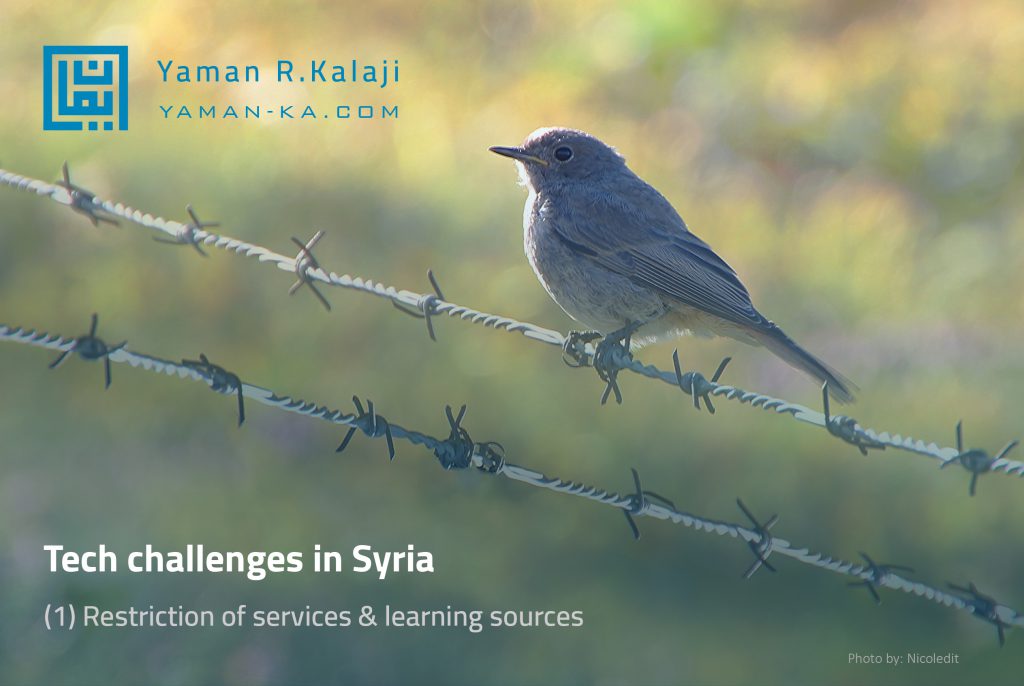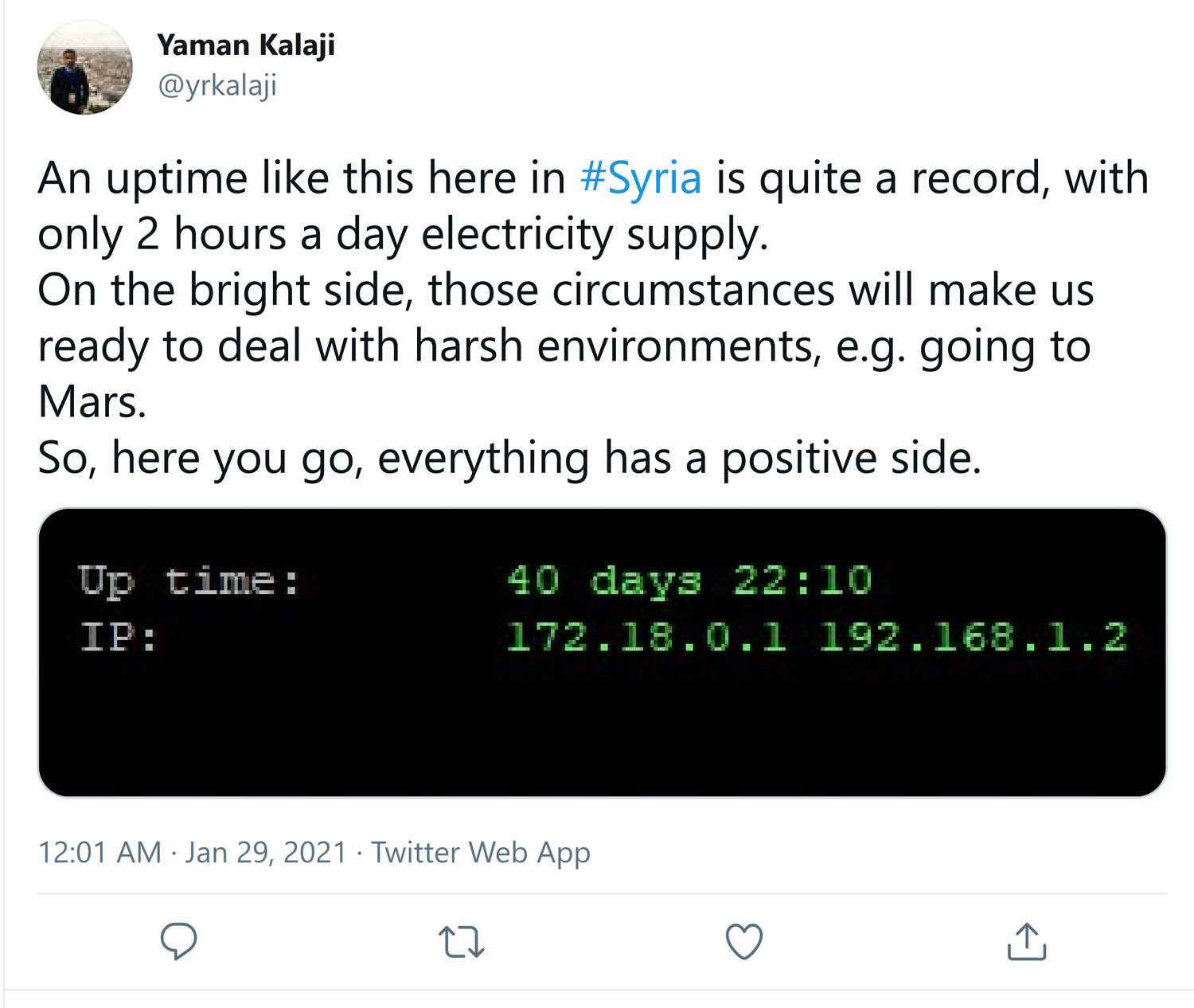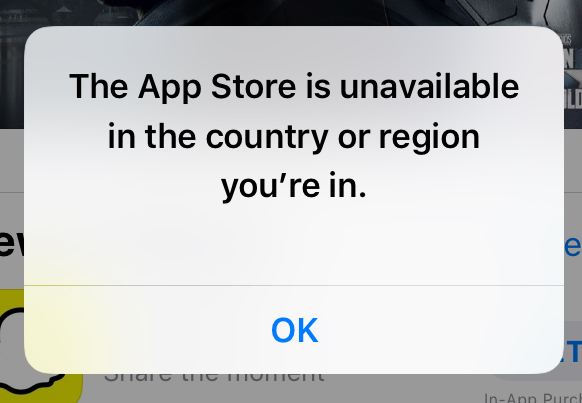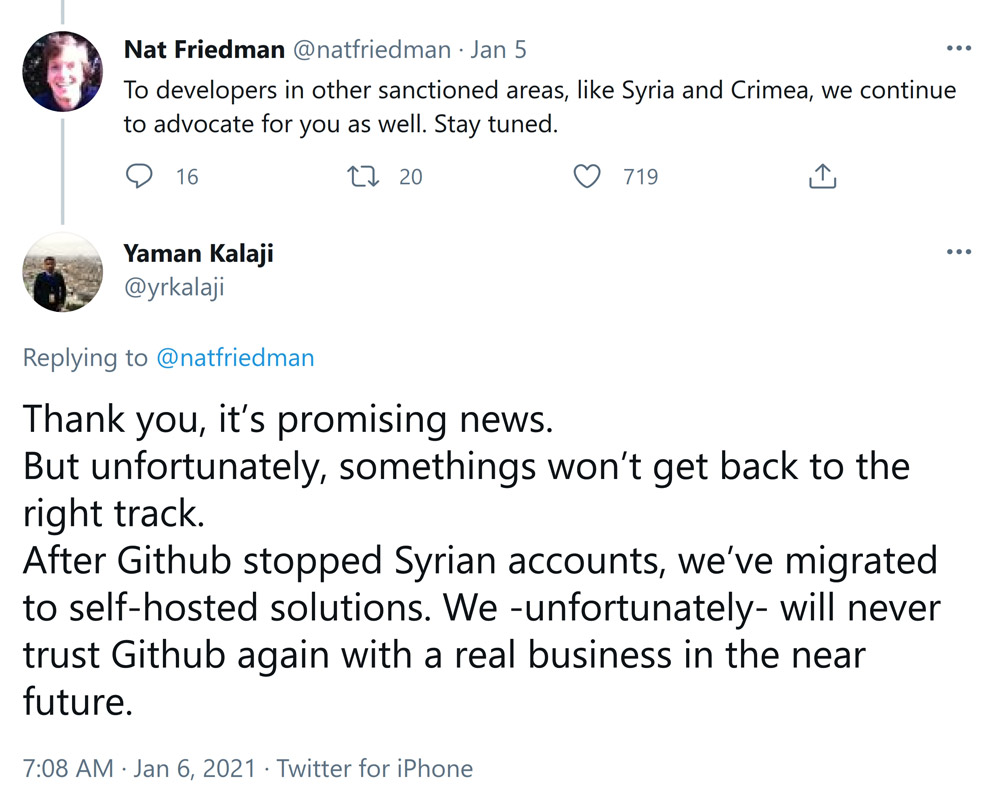[This study is available in both Arabic & English languages]
Syria suffered from serious challenges within the technology field during the last ten years, and whether those challenges were a result of the increasing international restraints on Syria or internal circumstances, they had a negative impact on tech development and affected Syria’s global presence. All of that resulted in breaking almost every bond between Syria and the outer tech community.
Do you think I’m overstating?
Well, this article is only the first part of a multi-part study aimed toward explaining those challenges in good details, you can read the upcoming parts and only then you can decide if I really was giving this subject more weight than its worth.
• What is the motivation behind this study?
I have tweeted recently about the current circumstances of power shortage in Syria; I was telling my story about powering an internal server I’ve prepared in my home and the difficulty of keeping it online during those hard circumstances.
However, despite that dilemma, my tweet had a deeper perspective of the current situation here in Syria, this is what led me to ask this important question:
“Is it wise to see only the negative side of these circumstances? Or is there another positive side we have to discover and discuss?”
In order to answer this question, I’ve decided to work on this study by (1) listing the challenges facing the tech in Syria, then (2) concluding the lessons we’ve learned from the last ten years, and finally, (3) having a discussion about the future by trying to reach some outlines for the upcoming phase in Syria.
Of course, the discussion is always open in order to add more value to this study, I’d be happy to receive your thoughts, hopefully, it could be the first step to reach the future we believe in.
• What are the challenges facing technology in Syria?
We can categorise them into 6 main categories which we’ll be talking about each one of them in good details.
But before we start, we should point out that the purpose of listing those challenges is not criticising; It’s not wise to provide only criticism after the long war Syria has suffered, but learning from these challenges and coming out with lessons learned for the post-war phase is our primary goal, which is what we’ll be discussing in the fourth part of this study.
Let’s start with challenges then.
Challenge No.1: Outer blocking of services

We can say that Syrians being blocked by global services is one of the daily challenges facing every user here in Syria, starting from simple services and ending with the most significant ones, which makes it kind of difficult to compile a list of these blocked services.
But anyway, we’ll talk about some of them, hopefully, it’ll give a brief idea about the current situation:
So, it’s not possible to use previous services in Syria, including installing applications from official stores (not mentioning the challenge of publishing an app there). Usually, users choose to use a VPN connection to get around the block, and they may find other ways or alternative websites (if any).
The list of blocked websites is still increasing day after day, thus compiling a list -as mentioned- is not an easy task:
Adobe, Shopify, Paypal, Spotify, Slack, Webex, Trello, Atlassian, Archive, Oracle, Google Analytics, Google Admob, Firebase, Google Cloud, Google Developers… and the list continues.
Despite blocking a service is a bad thing, but believe me, there is something much worse; blocking a service that was fully working before.
There are a lot of cases about normally working services suddenly started to ban Syrian users without preliminary warning.
Let’s see some cases of suddenly blocked services:
• Slack:
In 2018, Slack suddenly suspended user accounts inside Syria. This problem happened to teams having their entire members inside Syria (such as Beetronix) and teams having some of their members inside Syria (such as Hsoub). Unfortunately, having paid plans didn’t seem to affect Slack’s decision.

• Github:
In 2019, similarly to Slack, Github suspended team accounts for members inside Syria. The difference here is; some members outside Syria also got their account suspended. Turned out Github was using some kind of location history in order to suspend the accounts.

After a lot of criticism faced Nat Friedman (Github’s CEO) on Twitter, the suspension was eased to include only private repositories.
So, we can notice that there is no unified blocking policy between services, also no specific time when the block decision was applied.
However, in both cases, the decision was sudden with no preliminary warning, which caused some serious damage for work teams, and severed the communication between them for a considerable amount of time.
As a result of the previous cases and others we didn’t mention, Syrian user has begun to distrust most of the outer services even if they are not blocked; they suddenly could decide to start blocking which will cut off users and make them lose their data.
Honestly, we can summarise the current situation in trusting outer services with this tweet:
Challenge No.2: Outer restriction of learning sources

Despite the previous challenge has been causing a permanent difficulty, but the restriction on learning sources could be more dangerous for this reason:
“Learning sources give us the ability to construct alternatives of the blocked services. Therefore, restricting them causes a challenge in constructing the alternatives”
And similar to the previous challenge, we’ll take some cases to give an idea about the current situation:
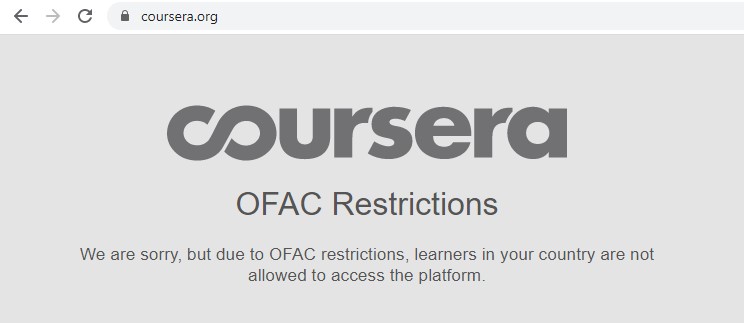

As for Udacity platform, they apply a different kind of restriction which prevent Syrians from enrolling in their Nanodegrees (it’s a paid certification that provides a higher kind of education compared to regular non-paid certification). I had a personal experience when I tried to enrol in one of them but got the following response:
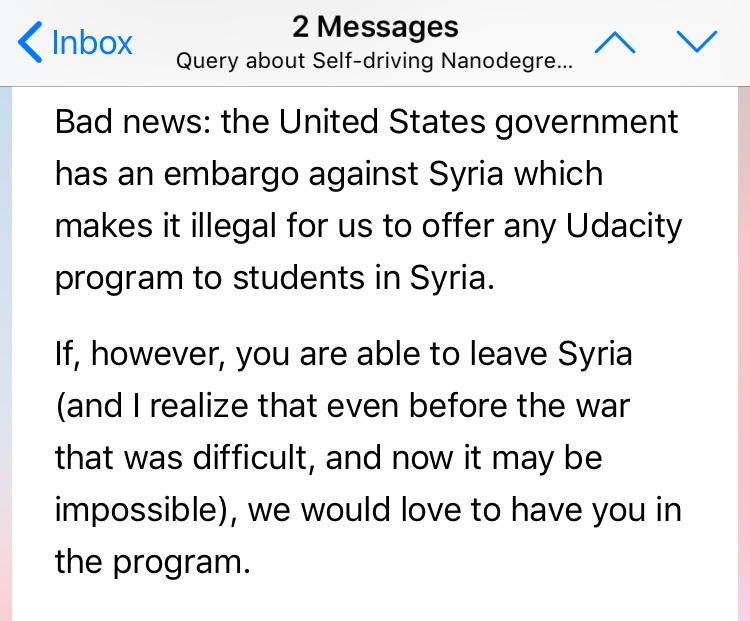
As usual, users try to use some tools to get around the restrictions, or they may go for other non-restricted alternatives. However, in some cases (such as the previous high-level certificate) those actions won’t work, and in other cases, the economic challenge kicks in causing the cost of these courses to be not suitable for Syria’s internal economy, which is more than enough reason prevents any Syrian student from considering those learning sources.
We’ve reached the end of part one of this study, in which we started to discuss two challenges; blocking of services and outer restriction of learning sources. In the upcoming article, we’ll continue to discuss new challenges that can be considered harder than mentioned ones.
In the end, we should be reminded again how our approach works in this study;
“Discussing the challenges in past & present in order to conclude lessons for the future”
See you in the second part, regards.
